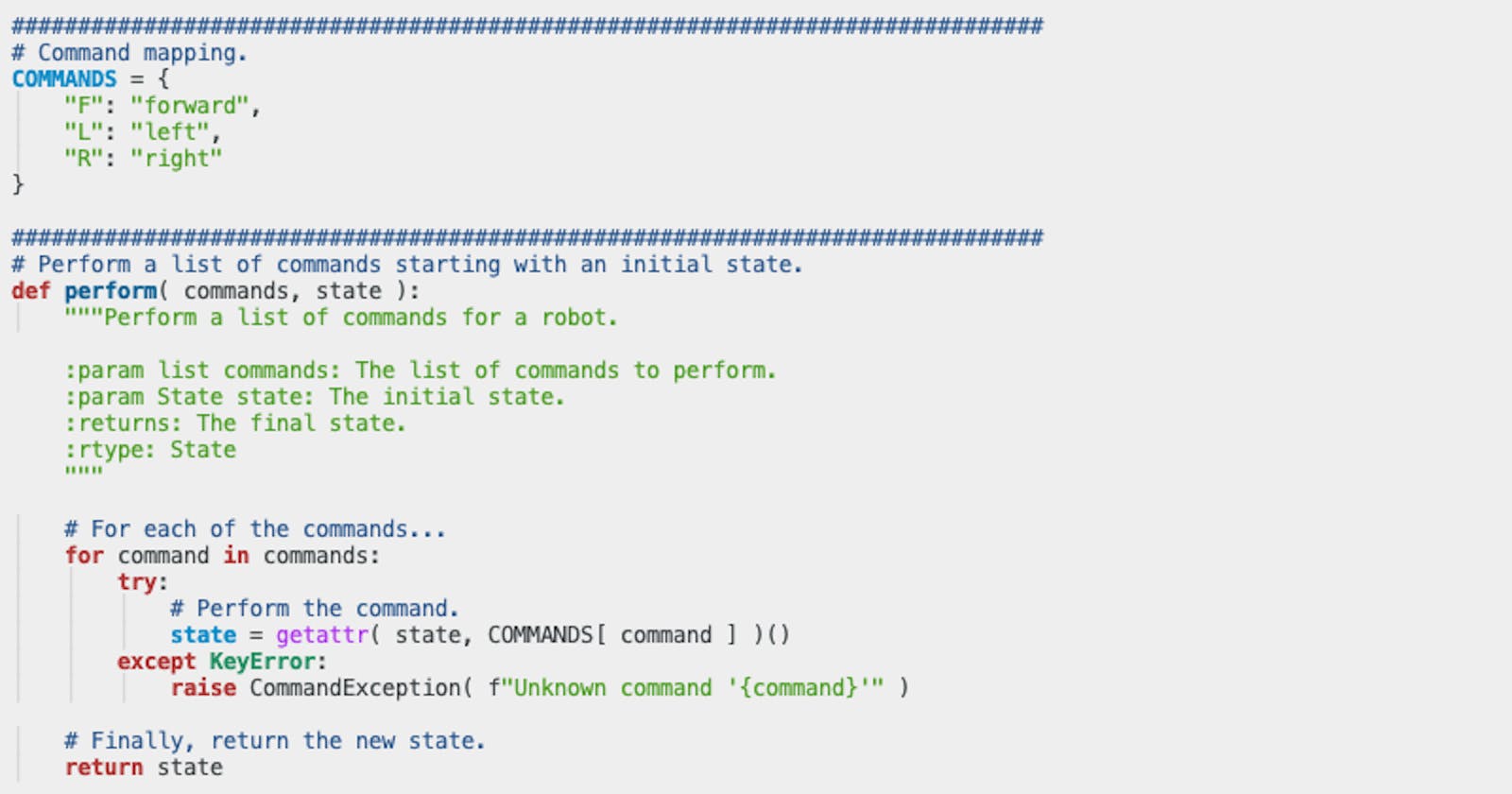It's hardly a revelation to say that learning a new programming language, or even learning software development at all, is even more difficult if you don't have an actual problem to solve. I know I'm not alone in having pet projects that, when faced with a new environment, I'll code up a version of that project as a way to get familiar with and understand a language's idioms while implementing something I know well.
Personally, my two favourites are a puzzle called 5x5 (here, here, here, here, here, here and here), and writing a library or even a full application to read Norton Guide database files (here, here, here, here, here, here, here and here). Both are fun to work on, have practical uses, and both have the benefit of being solved problems (for me) that let me concentrate on the "how do I do X in this language/toolkit/environment/framework/etc?".
Even with those two as my goto projects, I'm always open to new small problems that might be fun to apply to languages I do know, or languages I want to get to know (internally at work we have a fun "league" of sorts, writing a particular hamming distance calculation tool in different languages, for example).
A few days ago, via this repo on GitHub, I discovered this fun little problem. Right away I could see the benefit in it. As a "go away and code up a solution" interview question it strikes me as near-perfect. It's obviously not hard to solve, but it touches on some basic but important aspects of software development and so will allow the developer to show off how they approach things.
There's so many different approaches to it too. Even in a single language, I could imagine having some fun writing the smallest code to solve the problem, the most idiomatic code to solve the problem, the most supportable and well-documented code to solve the problem, etc. And then there's the thing I talk about above: knowing the solution and knowing it's easy, you can then use it to learn the idiomatic way of solving the problem in new languages.
Even better, the README of the original repo links to solutions others have written. Knowing the problem, and knowing the solution, you can then go and read other people's code and learn something about different styles and different languages.
Over the next few weeks, as I get free time, I think I might just do this. Take the "Journeys" problem and write versions in different languages I work with, or know, and also use it to get to know languages I've yet to know or use heavily (I'm especially keen to try a version in Julia -- a language I really like the look of and want to find a reason to use).
Meanwhile, yesterday, I had a quick go at a first version in Python (aimed at Python 3.8 or higher).
I set out to try and write something that was fairly idiomatic Python, which uses tools that I tend to employ when working on Python projects (pipenv, make, etc), and which also used something I've never quite found a need for so far in my usual coding, but which I can see being useful and helpful.
I even threw in a couple of uses of PEP 572!
I can see me tinkering with this some more over the next few days. I can even see me writing a very different implementation in Python, just for the fun of it.
I think that's what I like about this little problem. It's a good way to do a bit of programming exercise; it's like the perfect way to do the programming equivalent of going for a short run.
